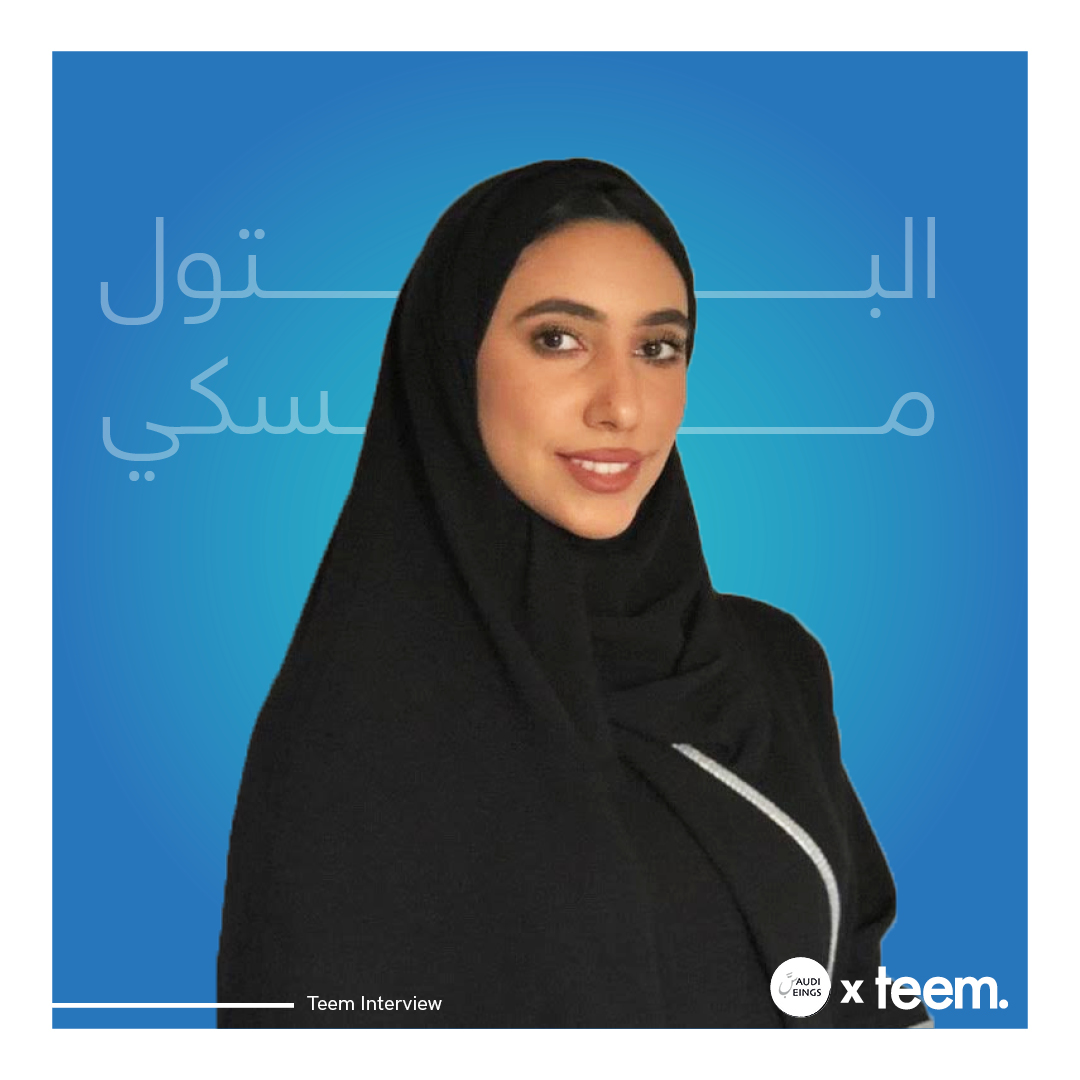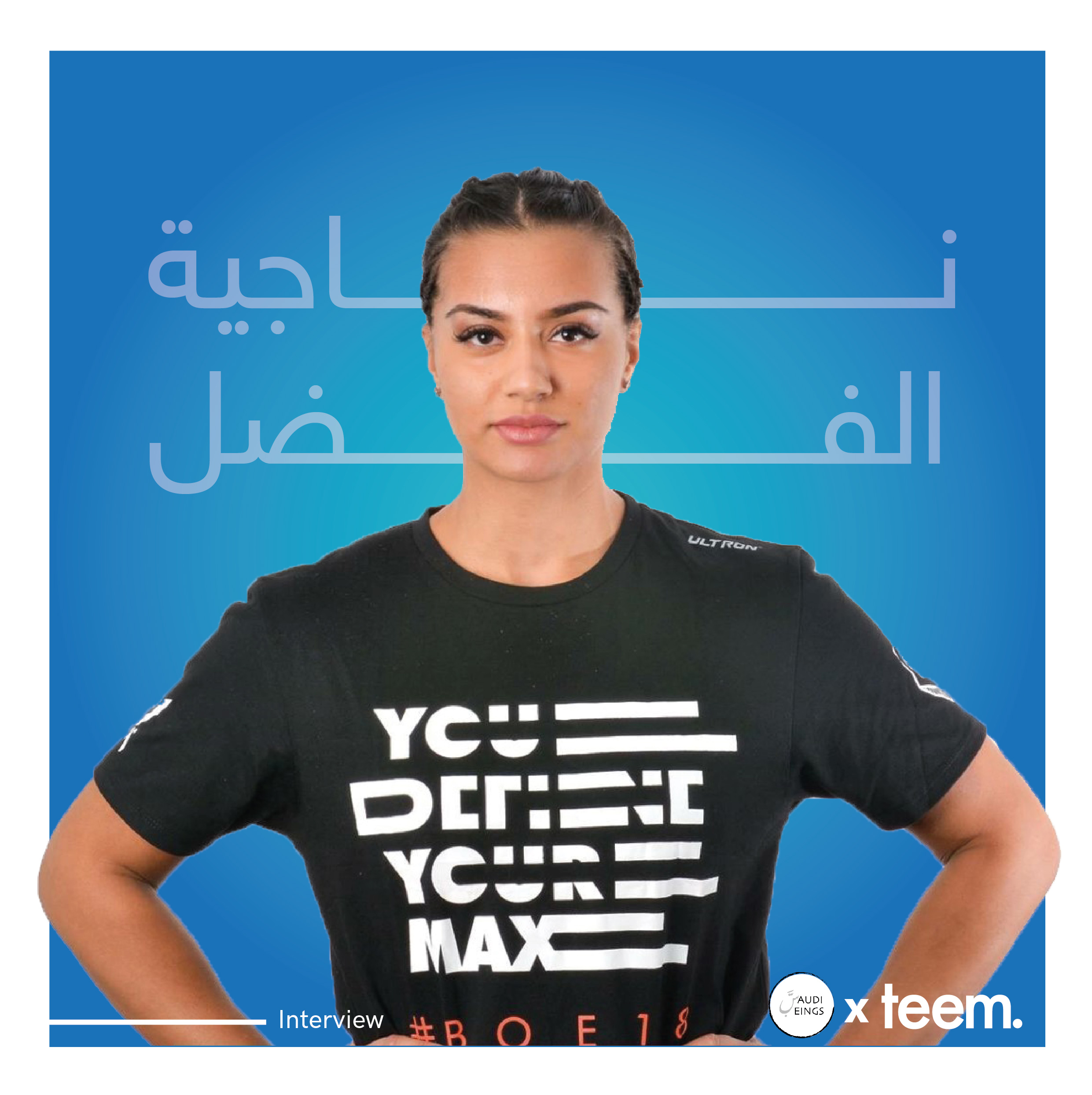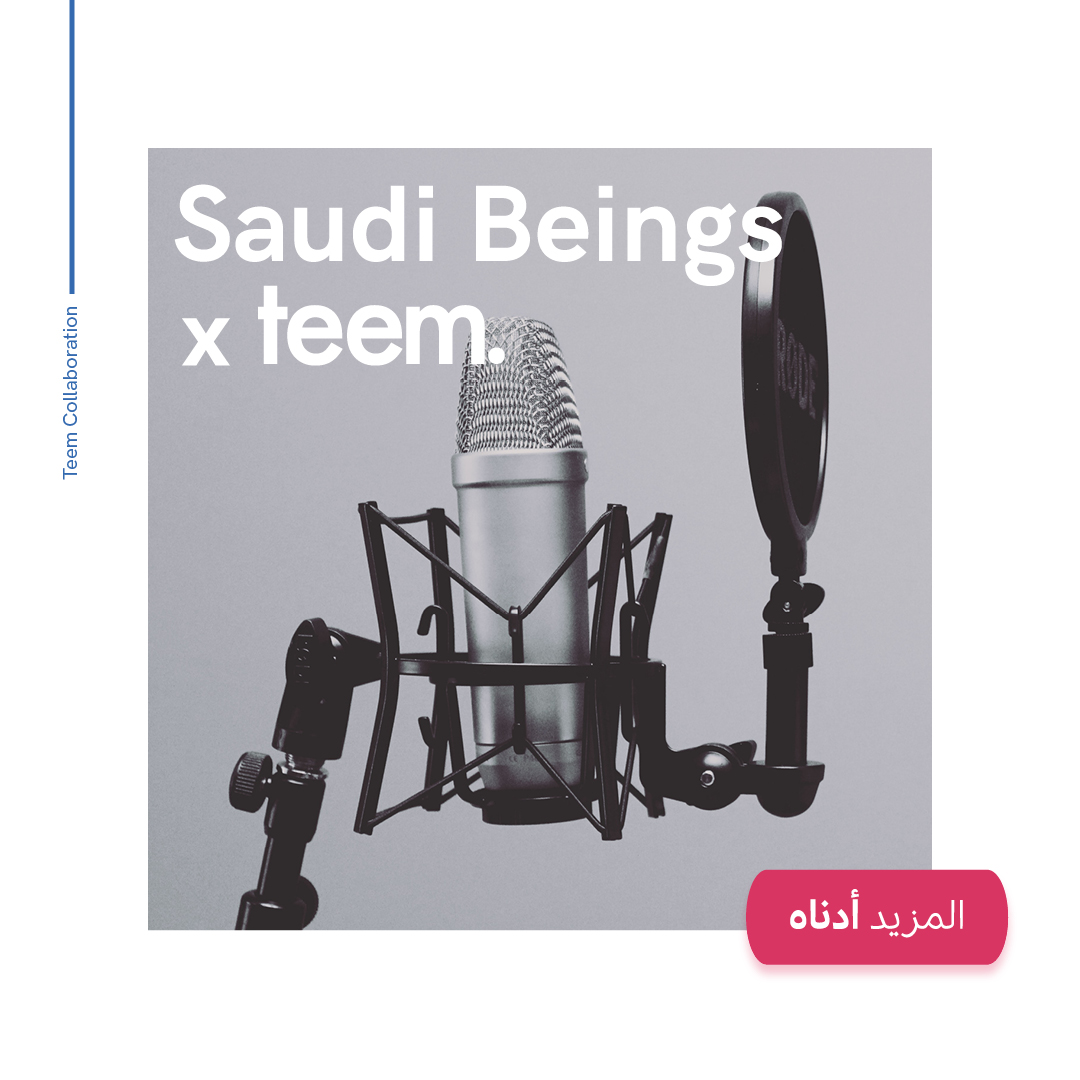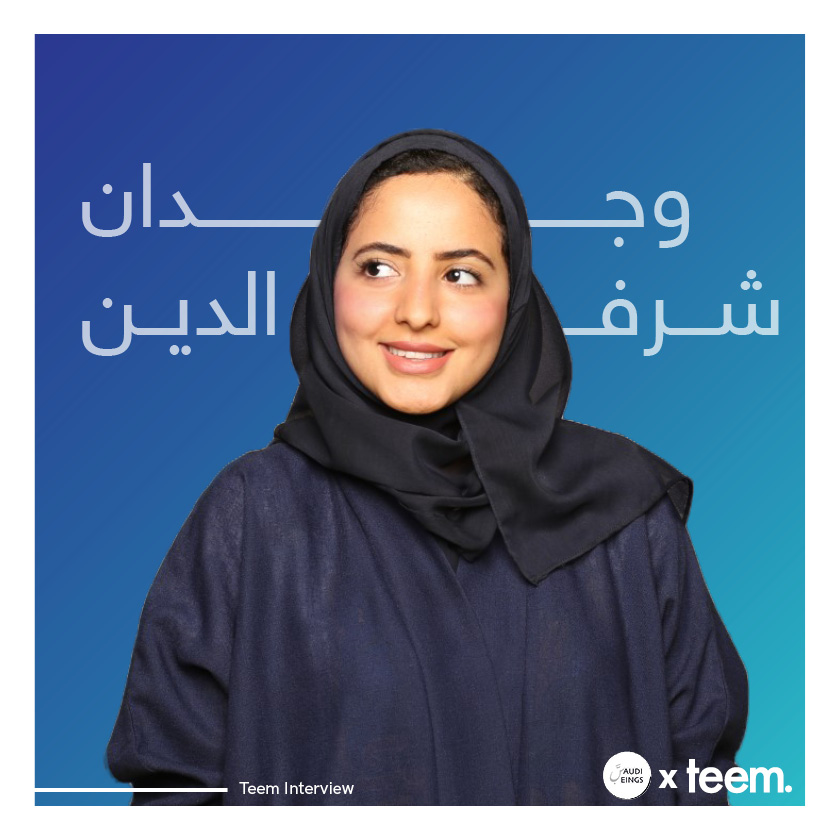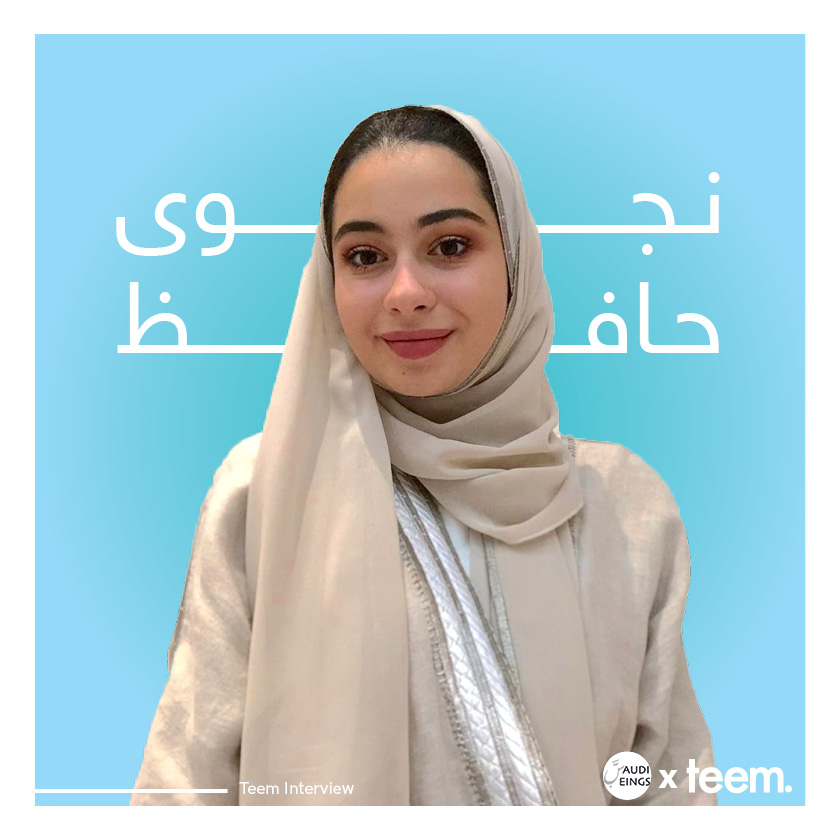
Interview with: Najwa Hafiz نجوى حافظ (Saudi Psychology Student)
لما كنا أطفال، فضولنا ساعدنا نفهم الحياة، ورغبتنا في الاستكشاف دفعنتا إننا نسأل ”طيب، ليش؟“ حتى لو كان يجنن أهالينا. إلين ما كبرنا وعدينا هذه المرحلة، مع إنه هذه الأسئلة هي إلي تخلينا نتطور. لحظة إلهامي بدأت بالسؤال: “ليش عقولنا تكون صعبة التعامل لما نمر بأوقات صعبة؟ ليش صعب نتعاطف مع أنفسنا في أوقات الحزن؟ وليش دائماً ننسى أن الألم ما يستمر؟“ وقتها حسيت إني لازم أشوف طريقة تسهل علينا نتعامل مع عقولنا، فبدأت مشروع ”كلاكيع“: كتاب فيه تمارين تساعدنا في نتعامل بمنطق مع مشاعرنا. كلاكيع معناها “مجموعة من عقدة المتشابكة”. اخترت هذا الاسم عشان نتذكر إنه الوضع طبيعي، كلنا عندنا، وما نربط هذه المشاعر بالعار.
حالياً بتعاون مع ”مركز علاج البالغين والأطفال“ لتعيين مساحة تسمح للناس بالتواصل مع بعضها ومشاركة مشاعرهم وصعوباتهم، بدون انتقاد، حتى يحسوا بالانتماء. هدفي إني أنهي شعور الآخرين بالعار من العلاج النفسي، وأوضح طرق إيجابية يتعامل بها الناس مع عواطفهم، وأذكرهم بإنسانيتهم: الانسان حساس بطبيعته، يشعر بالألم، لكن نقدر نعيش بالرغم منه.
As children, our natural curiosity helped us make sense of the life we found ourselves in. The desire to explore drove us to ask those “but why?” questions even if it drove our parents insane. As the years went by, we slowly outgrow that phase even though those “why?” moments lead us to powerful change. When you think about it, everything from fashion design to engineering, begins with questioning what causes problem x, how can I make things better? My golden moment was wondering why our minds can be so challenging to work with when we are going through difficult times. In moments of sadness, why is it so hard to be compassionate with ourselves and believe that this pain won’t last? I felt an urgency to help make our minds easier to work with, and so I created “Kalakee3”; an exercise book to help us rationalize difficult emotions. It’s an Arabic word meaning “a group of intertwined knots”. I chose this name specifically because I wanted to normalize the fact that we have “kalakee3”, and normalize difficult feelings rather than associate them with shame. That’s what inspired me to write.
I’m collaborating with ACT (Adult and Child Therapy center), to conduct community groups that allow people to air out their feelings and relate to one another. The goal is to create an accepting and nonjudgemental space where people can share their struggles, connect with others, and feel a sense of belonging within the society, reducing the stigma behind therapy. I want to create a positive impact on the way people deal with their emotions and show them that this is what being a human is: feeling raw, sensitive, compassionate. We may hurt deeply, but we can live ten times deeper than our hurt.
